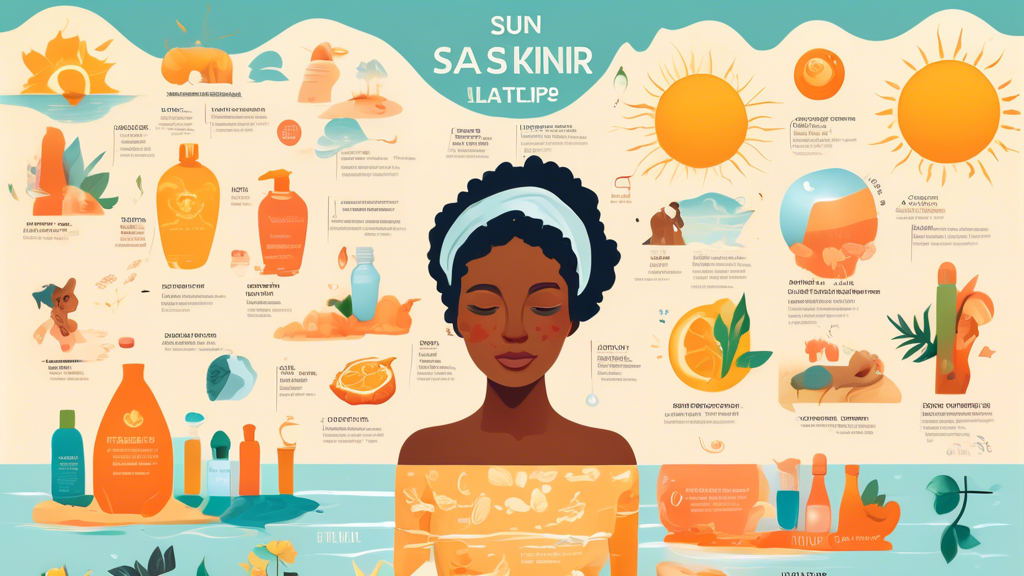Understanding Your Skin Type: 20 Essential Facts
Your skin is your body’s largest organ and plays a crucial role in protecting you from external harm. Recognizing your skin type is not just beneficial but essential for its care. The following facts will guide you through understanding various aspects of skin types, helping you to care for your skin more effectively.
1. Five Basic Skin Types
There are five primary skin types: normal, oily, dry, combination, and sensitive. Each type has unique characteristics and requires specific care.
2. Genetics Play a Major Role
Your skin type is largely determined by genetics. However, environmental factors and your skincare routine can also influence it over time.
3. Normal Skin Type
Characterized by being not too oily or dry, normal skin has a balanced sebum production and minimal imperfections.
4. Oily Skin Type
Oily skin is identified by an excess production of sebum, leading to a shiny appearance and prone to acne.
5. Dry Skin Type
Dry skin can feel tight and rough and appear dull due to lack of moisture and oil.
6. Combination Skin Type
Combination skin features two or more different skin types on the face, typically oily in the T-zone and normal to dry in other areas.
7. Sensitive Skin Type
Those with sensitive skin may experience redness, itching, or irritation in response to certain environmental factors or skincare products.
8. Age Affects Skin Type
As you age, your skin tends to become drier. This shift is due to changes in hormone levels and the skin’s ability to retain moisture.
9. Climate and Environmental Impact
Climate can significantly affect your skin. For example, cold, dry weather can make dry skin worse, while hot, humid conditions can exacerbate oily skin.
10. Hormonal Changes Alter Skin Type
Hormonal fluctuations, such as those during puberty, pregnancy, or menopause, can change your skin type temporarily or permanently.
11. Skin Type Can Change Over Time
Your skin type is not fixed and can change due to factors like age, environment, and even skincare routines.
12. Importance of Knowing Your Skin Type
Understanding your skin type is essential for choosing the right skincare products and treatments that will work best for your skin’s needs.
13. Skin Hydration Is Key
No matter your skin type, keeping it well-hydrated is crucial for maintaining its health and appearance.
14. Skin Care Regimen Should Match Skin Type
Customizing your skincare regimen to suit your skin type can significantly improve your skin’s overall health and appearance.
15. Sensitive Skin Requires Gentle Care
People with sensitive skin should opt for mild, fragrance-free products to minimize the risk of irritation.
16. Testing Products Is Essential
Before introducing a new product into your routine, performing a patch test is crucial to ensure it suits your skin type and doesn’t cause an adverse reaction.
17. Sun Protection Is Vital
Regardless of your skin type, protecting it from the sun’s harmful UV rays is essential for preventing damage and maintaining skin health.
18. Over-cleansing Can Be Harmful
Washing your face too frequently, especially with harsh cleansers, can strip the skin of its natural oils, leading to dryness and irritation.
19. Diet Impacts Skin Health
A balanced diet rich in vitamins and antioxidants can positively affect your skin’s appearance and contribute to a healthy skin type.
20. Professional Assessment Is Beneficial
If you’re unsure of your skin type or how to care for it, consulting a dermatologist or skincare professional can provide valuable insights and recommendations.




